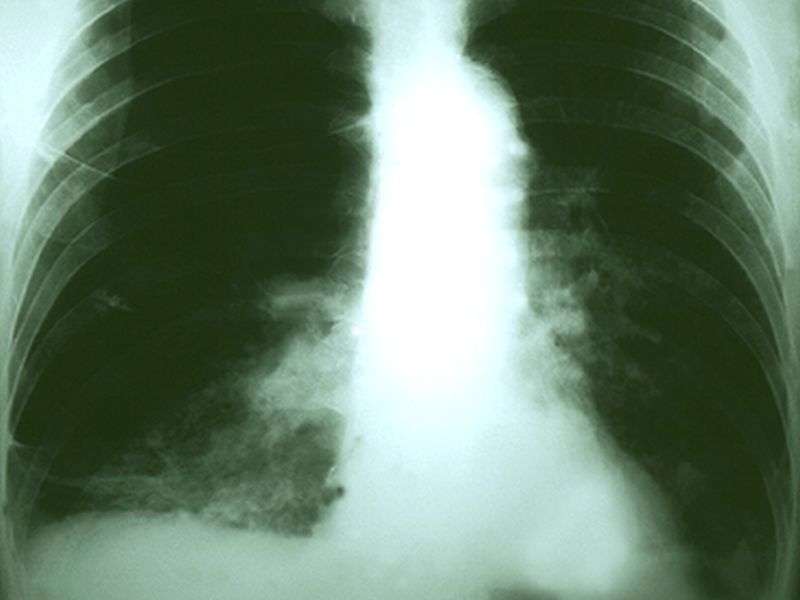(HealthDay)—Outpatients find lung cancer screening decision aids helpful, according to a study published online Sept. 21 in the Annals of the American Thoracic Society.
Kristina Crothers, M.D., from Harborview Medical Center in Seattle, and colleagues examined patients' experience, preferences, and reactions to web-based and paper lung cancer decision aids. Forty-five outpatients at an urban county hospital were enrolled in six focus group discussions that included review of a web-based and paper decision aids. Participants were surveyed before and after participation in the focus groups.
The researchers found that participants' understanding of lung cancer screening increased in comparison of pre- and post-surveys, especially their understanding of the harms of screening, including the potential for false-positives, extra testing, and complications. More than 50 percent of participants believed that screening lowered the chance of getting lung cancer after the conclusion of the focus groups. In qualitative analyses, participants were not aware of the purpose of lung cancer screening; wanted to know more about benefits and harms; felt that physicians needed to communicate more effectively; found decision aids helpful and influential for making decisions; and wanted personalized and tailored discussions. Participants were surprised that the magnitude of their lung cancer risk and benefits of screening were lower than expected.
"Vulnerable patients find lung cancer screening decision aids helpful and generally show increased knowledge after reviewing decision aids, particularly of harms," the authors write. "Our results can inform future implementation efforts."
More information: Full Text (subscription or payment may be required)
Copyright © 2016 HealthDay. All rights reserved.





















